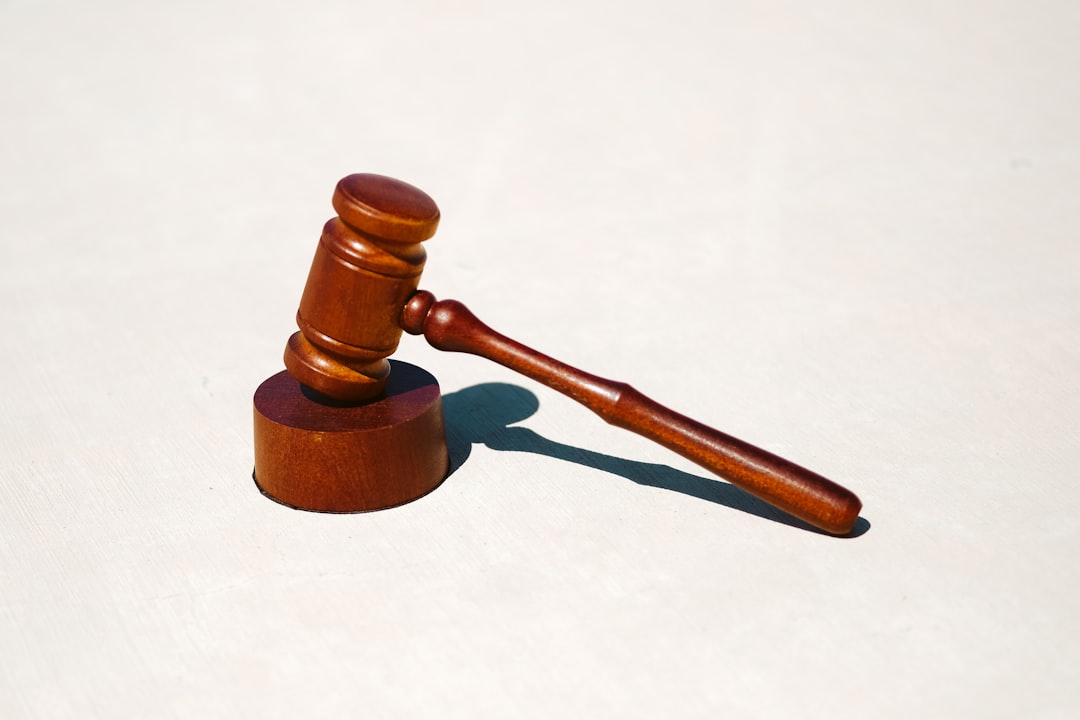“In addressing sensitive and profound issues, a Connecticut-based rape lawyer plays a pivotal role in cases of sexual violence. This article delves into the intricate world of understanding sexual assault cases from a legal standpoint, highlighting the expertise required for effective representation. We explore the crucial role of specialized attorneys, focusing on their knowledge of state laws and advocacy for survivors.
From recognizing rights to guiding through the legal process, this comprehensive guide equips individuals with knowledge, ensuring they can make informed decisions following such traumatic events.”
Understanding Sexual Violence Cases: A Legal Perspective

Sexual violence cases, encompassing charges like rape and sexual assault, present unique challenges within the legal system. As a rape lawyer in Connecticut, navigating these complex scenarios demands a nuanced understanding of both criminal law and the emotional complexities involved. Each case is distinct, requiring attorneys to delve into intricate details—from gathering evidence to interviewing witnesses—to ensure justice for victims.
Effective representation involves not only challenging the prosecution’s case but also providing a safe space for victims to share their experiences. Connecticut-based legal experts in this field play a pivotal role in upholding rights and ensuring fair trials, emphasizing sensitivity, expertise, and unwavering support for those affected by sexual violence.
The Role of a Rape Lawyer in Connecticut

When facing allegations of sexual violence, individuals in Connecticut require skilled legal representation to navigate complex criminal justice systems. A rape lawyer, specialized in Connecticut’s legal landscape, plays a pivotal role in protecting the rights and interests of their clients. They are adept at handling sensitive cases, ensuring the accused receives fair treatment while adhering to stringent laws aimed at combating sexual assault.
Expertise in this field includes understanding the unique procedures and evidence requirements for rape cases. Rape lawyers in Connecticut guide their clients through every stage, from initial investigations to trials, employing strategic defenses tailored to each case’s circumstances. Their goal is not only to achieve a favorable outcome but also to provide support and advocacy for survivors, fostering a just and compassionate legal process.
Expertise and Experience: What to Look for in a Lawyer

When searching for a rape lawyer in Connecticut, expertise and experience are paramount. Look for an attorney who specialises in sexual violence cases, as they will have the depth of knowledge and skills required to navigate complex legal landscapes. This specialist should be well-versed in state laws pertaining to rape, assault, and related crimes, ensuring they can provide tailored advice and representation.
Their experience includes successful prosecution or defence of similar cases, demonstrating their ability to build strong legal strategies. They should have a proven track record of achieving positive outcomes for clients, whether through plea bargains or trials. Additionally, consider an attorney who has worked with advocacy groups or has personal experiences that foster empathy and a commitment to fighting for justice in these sensitive matters.
Navigating the Legal Process: Rights and Resources for Survivors

Navigating the legal process after experiencing sexual violence can be daunting, but understanding your rights and available resources is crucial for survivors in Connecticut. A rape lawyer in Connecticut plays a vital role in guiding victims through this challenging journey, ensuring they receive justice and support. These legal professionals are equipped to handle complex cases, offering expertise in state laws and procedures related to sexual assault.
Survivors should be aware of their rights, including the right to confidential reporting, medical care, and legal representation. A Connecticut rape lawyer can assist with filing police reports, connecting survivors with healthcare services, and preserving evidence crucial for potential court cases. They also provide emotional support and educate clients about their options, ensuring they make informed decisions throughout the legal process.






